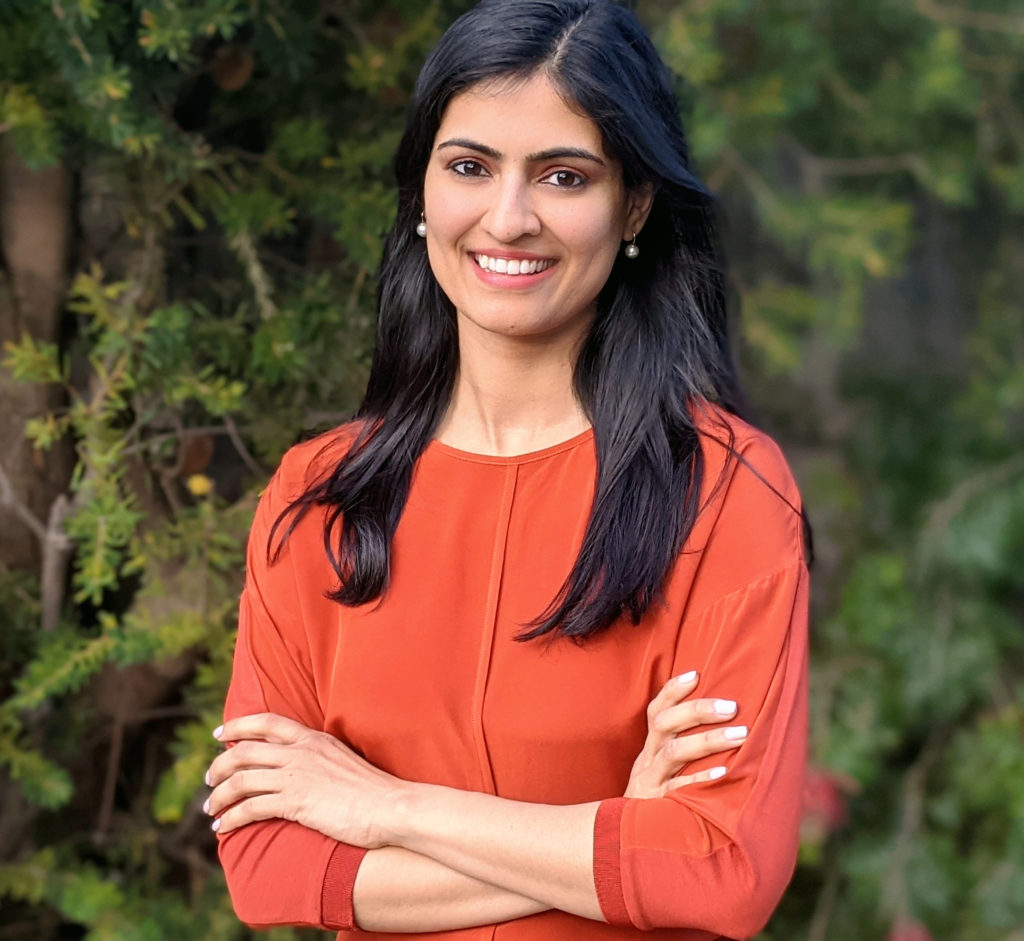Women make up the absolute majority of the healthcare workforce in Australia. It is not even close.
At last check, of the 366,000-odd aged care workers, nearly nine in 10 workers in aged care were female (87 per cent of those in residential care, and 89 per cent of those in home care or home support).
In the broader healthcare space, women outnumber men by nearly three to one, with a total of 440,000 women and 146,000 men registered and employed in Australia’s health workforce.
But still too few women rise to the upper management echelons in these organisations.
A study by US consultancy firm McKinsey found that in the US for entry level healthcare positions women outnumber men by a 66 per cent to 34 per cent split. By the time it gets to senior management level men make up 51 per cent of the positions, and by executive level men make up 70 per cent of positions.
In Australia, women only hold 14.6 per cent of chair positions and 28.1 per cent of directorships, and represent 18.3 per cent of CEOs and 32.5 per cent of key management personnel.
Over the next six weeks, Aged Care Insite will profile six women who have firmly established themselves in the aged care industry.
From educators to chief executives, these stories will uncover how these women have navigated the traditional barriers that affect the advancement of women to leadership.
Dr Tanvi Dalal, general manager for Signature Care
When Dr Tanvi Dalal moved to Australia to pursue her career, job recruiters would turn her down based on where she came from.
Eight years later the funding manager for Signature Care, one of the nation’s largest providers, has become a figure on the rise in the aged care industry.
“The passion that the young people have in aged care now, it's amazing,” said the 35 year old, who recently became a Leading Age Care Services (LASA) NextGen ambassador.
“I’d love to help create a culture that is really positive for millennials, and I want to provide all of the learning opportunities for them to go above and beyond to support aged care staff.”
Before relocating to Australia, Tanvi had studied and practised dentistry in India. After two years in the clinic waiting for patients and taking appointments, she realised that something was missing in her everyday work.
“I'm a bit of an extrovert, and I wanted to do something more collaborative with people,” she said.
In 2011, a past acquaintance approached Tanvi with the idea to start up a home care business. The aged care sector in India was virtually nonexistent back then.
Opportunities for jobs were limited, there was no government support or regulation, and access to services was reserved only for the wealthy or people who were destitute.
Eager to fill the gaps in the industry, Tanvi quit her job and went on to become Epoch's head of HR and recruitment.
“I was one of the first employees and we built the whole organisation from a plan on a paper to what it was,” she said.
“We established first a home care business then assisted living, and we were pretty much the pioneers of aged care by then in India.”
After four years working with Epoch, Tanvi relocated to Australia to pursue new opportunities. The Melbourne job market was tough, and although she had years of entrepreneurial experience, she struggled to land a job for months.
“I think more than being a woman, and young, the barrier was that I was from India, which was very unfortunate,” said Tanvi.
“I was considered an outsider who didn’t have the local experience, and was not given the opportunity to prove myself.”
Tanvi persevered until she managed to land a job as an aged care consultant, and eventually moved into her breakout role at Mirus Australia in Sydney.
Exposed to dozens of the nations largest providers, Tanvi began to learn the ins and outs of the industry and slowly worked her way up to a senior position.
Networking, asking others for advice, and trusting her abilities and ideas, she says, is what gave her the push to move forward.
“One thing I've learned coming from a country, and especially where there's a massive gender discrepancy that I’ve faced almost all of my life, is how to build up my confidence,” she said.
“If I do feel like I am lacking any skills, I am not at all hesitant in approaching someone and asking to learn more or to be mentored.
"I learned early on when I came to Australia to just network and contact people and reach out and ask for help. Out of five, three people might say no but one might say yes and that one will really help you."
In between juggling motherhood, completing a masters of business administration, and her role at Signature Care, Tanvi credits her ambition with keeping her focused.
One day, she hopes to help develop innovative new software or run a nursing home designed for people belonging to diverse communities.
Allowing more opportunities for women to progress in the sector, she says, will be key to the future of aged care.
“It does strike me that the majority of the population that works in aged care is female, but when you look at the executive roles and the CEOs and the board roles, it's all dominated by males,” she said.
“There is a discrepancy somewhere where the women are not given that opportunity, they are looking at filling the roles of carers and nurses, but we need to start to offer more at the top level.”
Do you have an idea for a story?Email [email protected]
 Aged Care Insite Australia's number one aged care news source
Aged Care Insite Australia's number one aged care news source


